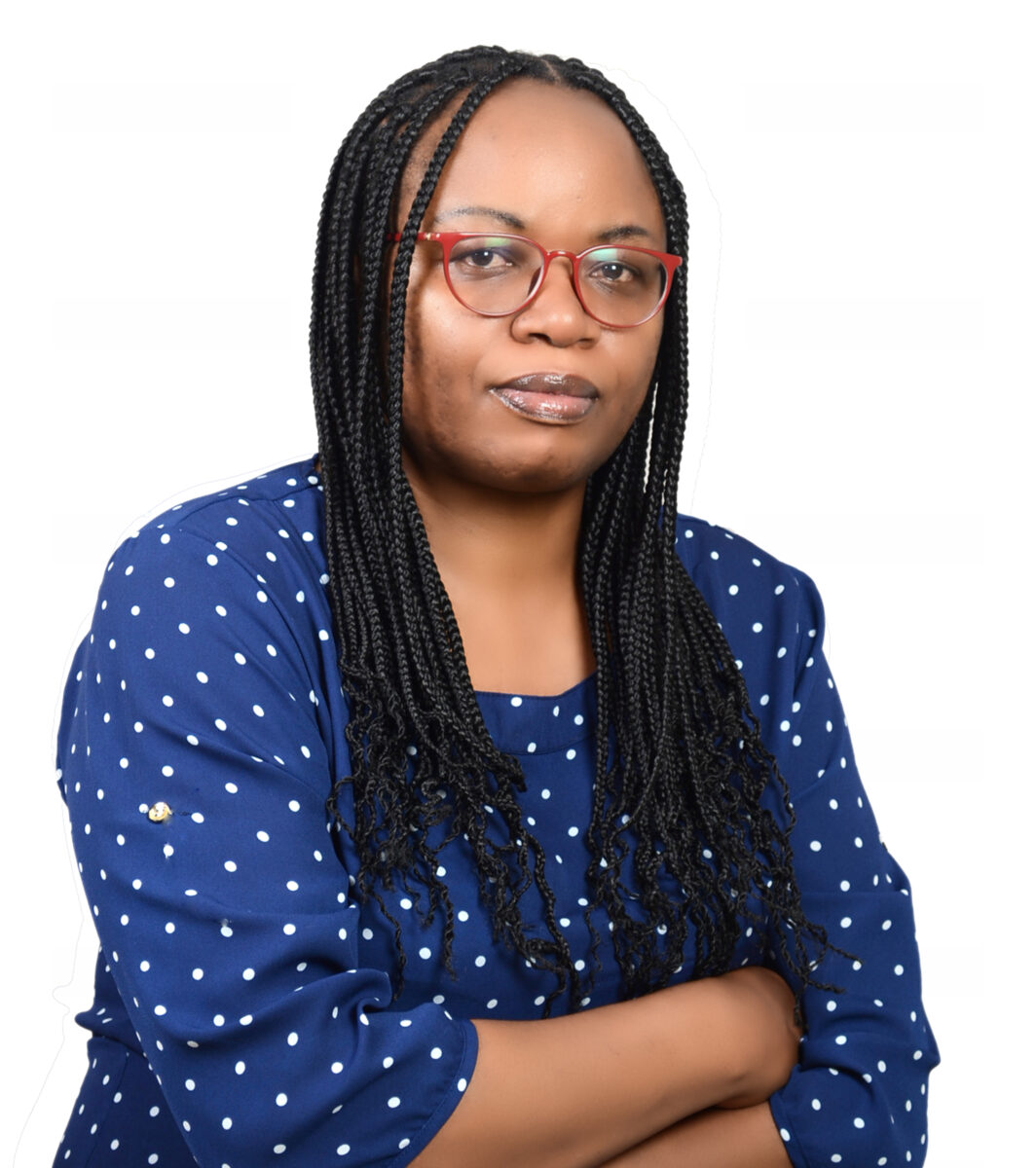Given out annually to PhD students across Canada, the IDRC award supports research development.
Marie Goretti Uwayezu a PhD candidate at the Lawrence Bloomberg Faculty of Nursing is a recipient of the 2023 International Doctoral Research Award presented by Universities Canada/Universités Canada.
The award aims to support the development of research skills in Canada and the Global South, further building upon graduate student capacity to improve the lives of people in the developing world through innovative and impactful research solutions.
“Receiving this award is a huge honour and will be integral to supporting the data collection phase of my study,” says Uwayezu. “It is also a significant acknowledgement of the effort that I have invested in my project, and it motivates me to continue with my research.”
Uwayezu also acknowledges the guidance of her supervisor Professor Kelly Metcalfe, and her committee members who have contributed to her academic success and have made her feel supported during her transition to living in Canada.
Uwayezu is originally from Rwanda where she worked as an oncology nurse, clinical instructor and assistant lecturer in the School of Nursing and Midwifery at the University of Rwanda. Her passion for providing evidence-based health care is what motivated her to pursue a doctoral degree at the University of Toronto where she chose to focus her research on breast cancer screening in women.
“I have seen first-hand in my clinical role, the number of women living in Rwanda who are diagnosed with late-stage breast cancer, and this is happening despite the establishment of the Rwandan Women Early Detection Program which is aimed at preventing this late-stage detection of the disease,” says Uwayezu.
Research has shown that close to 70 per cent of women with breast cancer living in Rwanda are diagnosed with stage 3 or 4 of the disease. There is currently very limited literature available on the uptake of breast cancer screening as a method of prevention among women in this population.
“The questions we are left with are whether women are aware of the availability of breast cancer screening and if so, how many are proceeding with having the screening done? Are women receiving the right cues to encourage them to seek out breast cancer screening? My research study aims to answer these questions,” says Uwayezu.
Uwayezu will also be exploring the association between certain social demographic factors and health focused ideologies on the use of breast cancer screening modalities in women living in Rwanda and is hoping her research will be able to support future recommendations around what more can be done to prevent detection of breast cancer at late stages.
“Detecting breast cancer at an earlier stage improves survival and care options immensely, and we should be doing all we can to ensure women in Rwanda have the opportunity to access the care that need and deserve,” says Uwayezu.
Nurse-led interventions are often underutilized methods of engaging with populations to provide important preventative health care, and Uwayezu envisions these types of interventions being key to improving health outcomes for women in Rwanda. Nurse-led interventions can include education sessions and community outreach that help women navigate the supports available to them including the Rwandan Women Early Detection Program.
